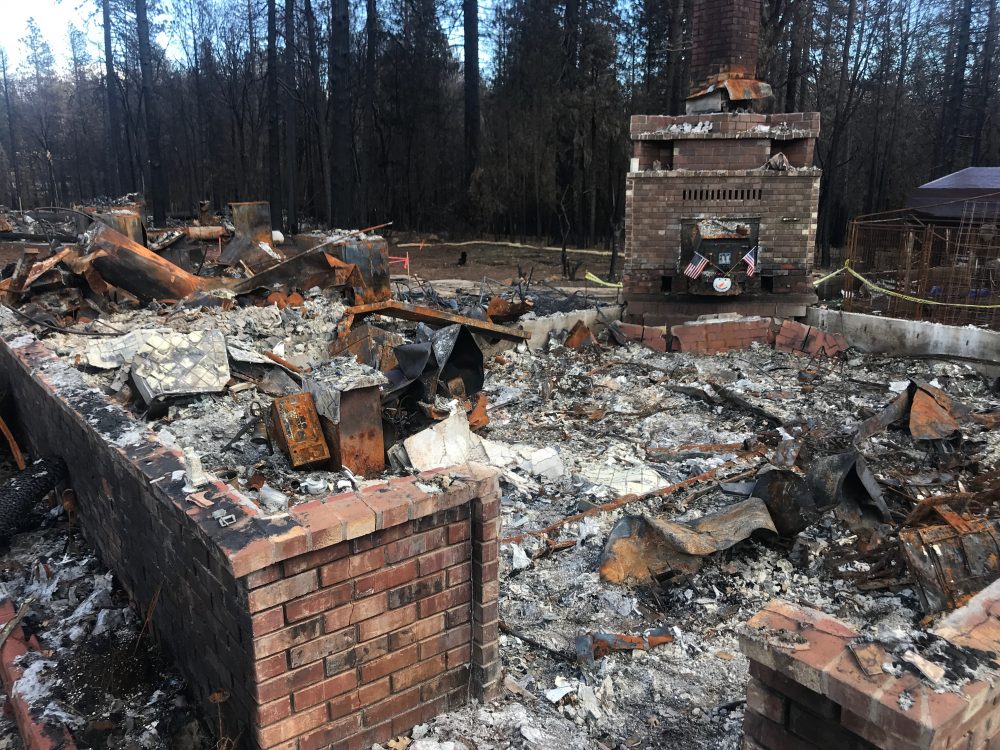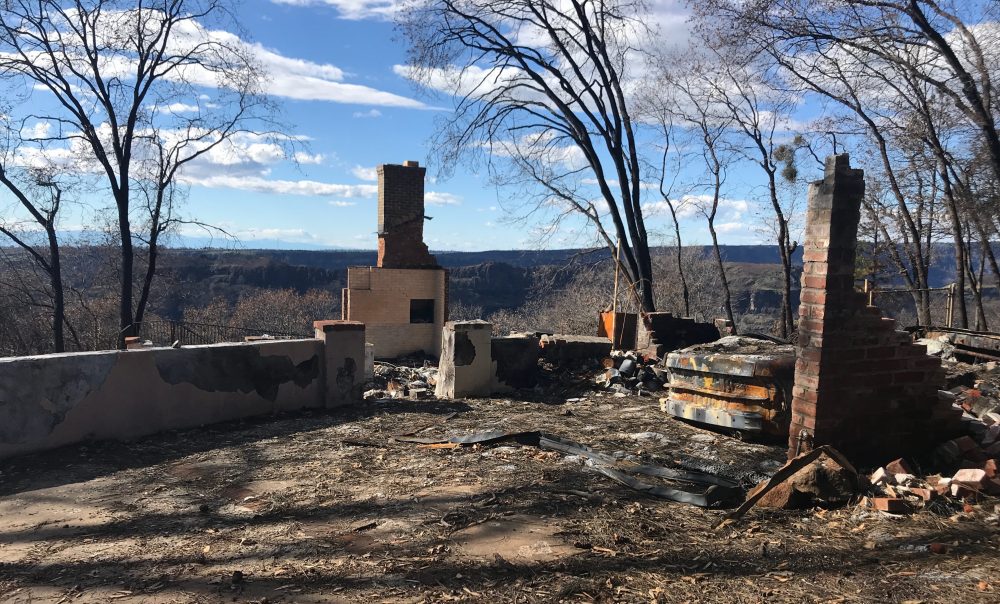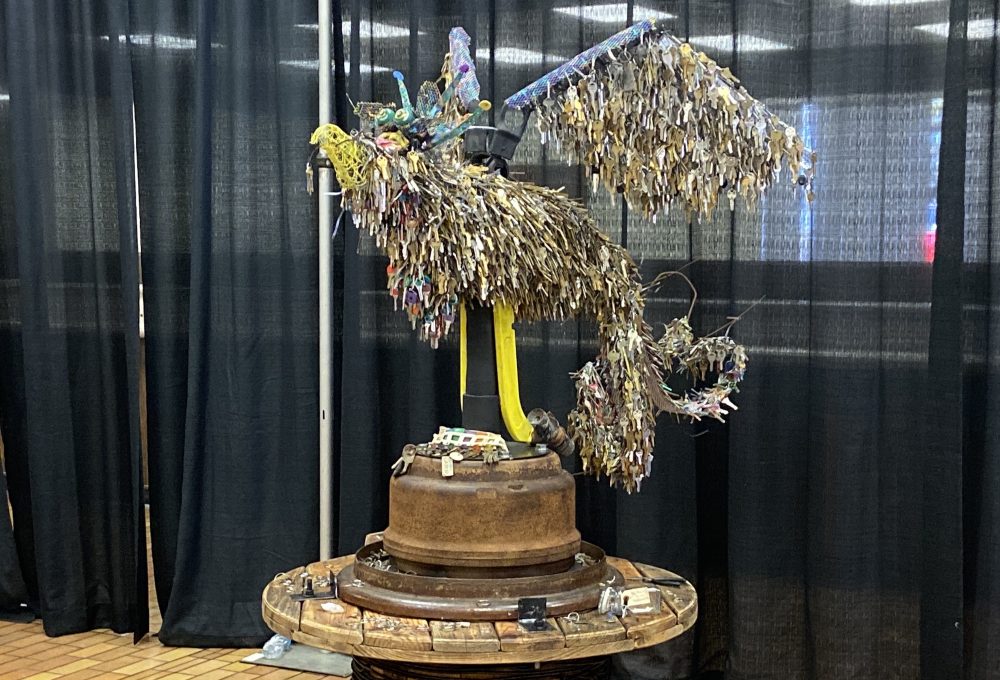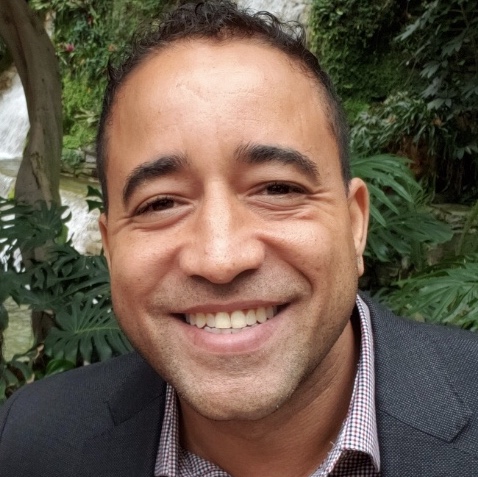California Wildfires: Looking Ahead and Looking Back
Unlike the June 1 kick off to hurricane season, there is not an “official” start date to California wildfire season, but predictions show that 2019 is likely to be another above-average season despite a cooler- and wetter-than-normal May and an above-average snowpack. In 2018, compared to any other state, California had the worst wildfire damage. The […]

Unlike the June 1 kick off to hurricane season, there is not an “official” start date to California wildfire season, but predictions show that 2019 is likely to be another above-average season despite a cooler- and wetter-than-normal May and an above-average snowpack. In 2018, compared to any other state, California had the worst wildfire damage. The news is not any better this year. More than 2.7 million Californians live in areas highly vulnerable to devastating wildfires; one in 12 homes in California is at high risk of burning.
This grim outlook also serves as a reminder to look at the communities affected in years past – to acknowledge the slow progress toward recovery in places whose names became familiar last year: Paradise, Magalia, Malibu and more. As I wrote about back in April after my visit to Paradise, the layers upon layers of devastation are obstacles that have exacerbated recovery efforts. Our CDP 2018 California Wildfires Recovery Fund grants will support housing and mental health initiatives, with an investment of $1.5 million investment into the communities but the reality is, so many people in my home state are still struggling – and will continue to struggle as the threat of future wildfires looms.
As I reflect back to those communities affected in 2017, there is a particular bright spot I would like to share from the CDP 2017 California Wildfires Recovery Fund grantmaking that can serve as a model for work with underserved populations for funders and communities alike.
One of those grants went to Internews to support the development of a strong, two-way exchange between the Spanish-speaking community, local government, media and nonprofits in Sonoma County to:
- Provide disaster recovery information to vulnerable populations.
- Collaborate with local media and community organizations to produce trusted Spanish content.
- Build a trusted communications network between emergency providers, government representatives and the Spanish-speaking community to foster preparedness for future wildfires and other disasters.
Internews documented their assessment of the information ecosystem in Desconectado: How Emergency Information Got Lost in Translation During the Northern California Wildfires which was launched at a conference attended by more than 100 community organizations, including a number of key officials. It can be a go-to resource for this type of work.
There was a considerable amount of content collaboration between KRCB (the local public radio station) and KBBF (the local Spanish language-bilingual station) that allowed for much of the English dominated news and updates to be translated into Spanish and broadcasted over local Spanish language news platforms. This enabled important fire and disaster preparedness and related media content to be translated and shared with Spanish-speaking media outlets to fill the huge void in news and information for the community. The efforts of Internews left a positive impact on the local media networks’ level of collaboration and strengthened their relationships with disaster management stakeholders.
In many ways, looking back at 2017 and 2018 is a reminder of the stark realities that long-term recovery means exactly that – months and years of hardship and hard work that requires intentional work to ensure all people in the community not only begin to heal but are better prepared for the next blaze, should it come.
More like this

Announcing the 2018 California Wildfires Recovery Fund Grants

